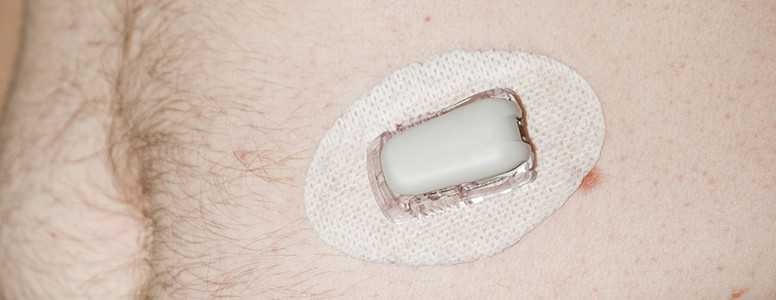A small clinical trial tested the effectiveness of an “intensive” lifestyle therapy for type 2 diabetes, which combined a multifaceted lifestyle intervention with medication.
The approach, which was measured against standard care and advice in a control group, put 40 per cent of participants in partial or complete remission in three months.
The researchers, from McMaster University in Hamilto, Ontario, conducted the experiment on 83 participants, whom they split into two groups. One group followed the protocol for 16 weeks and the other for eight.
The lifestyle prescription part of the therapy consisted of a personalised exercise plan and a calorie-restricted diet that cut their energy intake by 500 to 750 calories per day. Details of the standard care received in the control group are not known.
The participants, who had had type 2 diabetes for three years and had fairly low HbA1c levels at baseline, were started on metformin and acarbose at the beginning of the study and received nightly insulin injections to prevent spikes in blood sugar levels.
Three months after the treatment finished, 41 per cent of those in the 16-week group appeared to be symptom-free and remained so for at least 12 weeks after getting off their medication.
The same outcome was seen for approximately 21 per cent of those in the eight-week group. In contrast, only 14 per cent of people in the control group that received standard care were found to be in partial or complete remission after three months.
The findings, published in The Journal of Clinical Endocrinology and Metabolism, show that 10.7 per cent of controls maintained complete or partial type 2 diabetes remissio, compared with 25 per cent of the 8-week group and 22 per cent of the 16-week group, after 52 weeks.
More than 70 per cent of those in the 16-week group were able to normalise their blood sugars, compared with 3.6 per cent of controls at 16 weeks. For the 8-week group, 50 per cent were able to do so, compared with 3.6 per cent of controls at 8 weeks.
The majority (63 per cent) of patients in the 16-week group lost five per cent or more of their body weight, although they regained most of it by week 52.
The findings suggest that a multifactorial approach, going over all aspects of a patient’s health, may be a better strategy than standard care for the management and treatment of type 2 diabetes.
The diet aspect is perhaps the most important of all – reducing carbohydrate intake has been shown to help normalise blood sugars with the appropriate amount of insulin, and thus reduce complications.
You can learn more about eating low-carb by joining our Low-Carb Program.
What's new on the forum? ⭐️
Get our free newsletters
Stay up to date with the latest news, research and breakthroughs.



